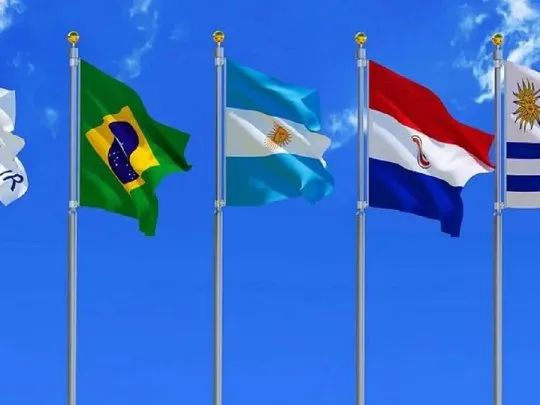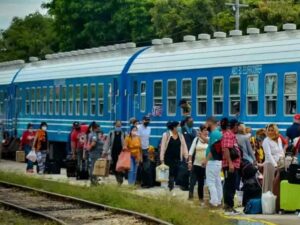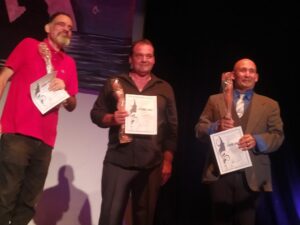Argentine President Javier Milei today hosts his Mercosur counterparts at the San Martín Palace for the regional bloc’s summit, though no bilateral meetings are scheduled. He will hand over the pro tempore presidency to Brazil.
However, the day’s most notable event drawing public and media attention is Brazilian President Luiz Inácio Lula da Silva’s visit. Last night, Lula met former President Cristina Fernández at her apartment in Buenos Aires’ Constitución neighbourhood, where she is under house arrest.
Notably, Lula is the first head of state to meet the ex-president. Argentine News Agency described this as a «highly symbolic political gesture reflecting shared history,» overshadowing President Milei during the Mercosur summit.
This outlet, like others, reports tension for the libertarian government – not only due to Lula’s visit to Fernández, but also because of Milei’s contentious relationship with Argentina’s main trading partner leader.
Alongside Lula, confirmed attendees include Presidents Yamandú Orsi (Uruguay) and Santiago Peña (Paraguay). Chilean President Gabriel Boric, Bolivian President Luis Arce, and European Commission President Ursula von der Leyen may also attend pending confirmation.
The Mercosur Summit began Wednesday at Argentina’s Foreign Ministry headquarters. It opened with a meeting of Economy Ministers and Central Bank Governors chaired by host minister Luis Caputo, followed by a Foreign Ministers’ meeting led by Argentina’s Gerardo Werthein.
Officials announced Mercosur and the European EFTA group (Iceland, Liechtenstein, Norway, Switzerland) concluded negotiations for a Free Trade Agreement covering a market of 300 million people with a $4.3 trillion GDP.
Since assuming Mercosur’s temporary presidency, Milei has pursued two goals: loosening bloc rules to enable bilateral trade deals (notably with the US) and finalising the long-delayed EU agreement. Neither was achieved before this summit, with leadership now passing to Brazil.
The first goal remains contentious within Mercosur. While consensus exists on the EU deal, European farmers oppose it.
During Wednesday’s ministerial session, Argentina proposed adding 50 new products to the National Exceptions List – a measure agreed with Brazil, Uruguay, Paraguay, and Bolivia. This forms part of a broader foreign policy strategy to access new markets.
The summit will conclude with a declaration outlining agreed points.




